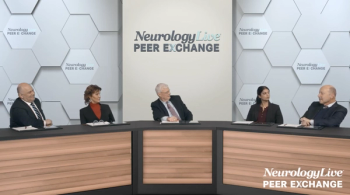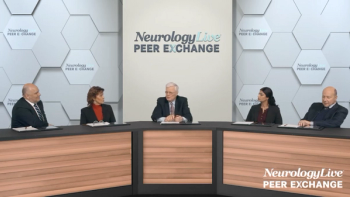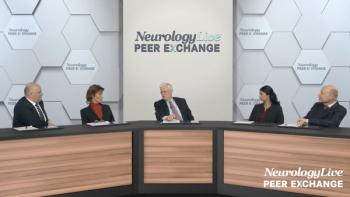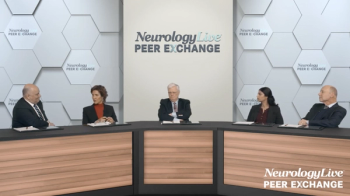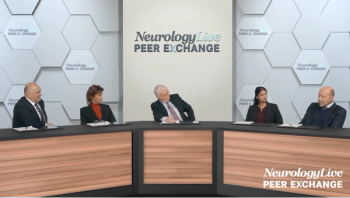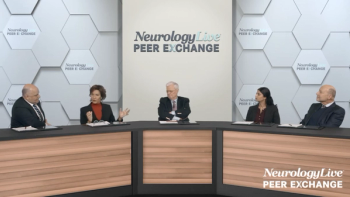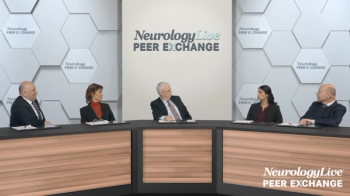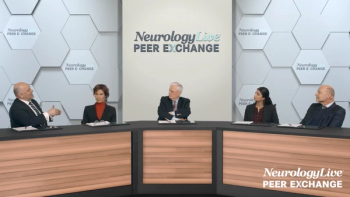
Phase 3 INTERCEPT data suggest the agent is successful in migraine treatment, and an NDA submission of AXS-07 in the acute treatment of migraine is on track for Q4 2020.

Phase 3 INTERCEPT data suggest the agent is successful in migraine treatment, and an NDA submission of AXS-07 in the acute treatment of migraine is on track for Q4 2020.

Disease-modifying therapies used to treat several immune-mediated disorders in neurology may make patients more susceptible to the novel coronavirus.

Elizabeth Thiele, MD, PhD, answers a variety of questions on treating tuberous sclerosis, and the landscape of treatments available at this time.

The chief medical advisor for the Muscular Dystrophy Association spoke about the process of keeping patients updated on new information and how the MDA has taken steps to ensure the neuromuscular community gets the correct information.

The FDA has moved the PDUFA date for risdiplam back to August 24, 2020, as the agency works to review additional data that was made available from part 2 of the pivotal SUNFISH trial.
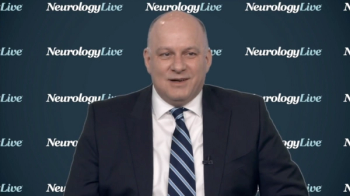
The Director of the Sleep Disorders Center and vice chair of the department of neurology at the UCLA David Geffen School of Medicine detailed how patients and physicians can be proactive in identifying narcolepsy.

Significant advancements in genetics and the implementation of artificial intelligence have begun to carve a new, more personalized path for the diagnosis and treatment of seizure disorders.
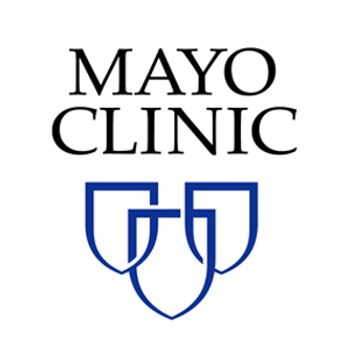
A Mayo Clinic Study revelead an association between inherited DNA variants and the development of tau deposits in older adults.
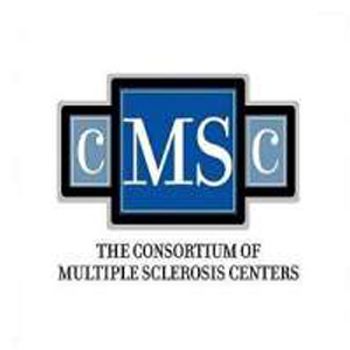
The North American Registry for Care and Research in MS reached a major milestone, enrolling its 750 patient in an effort to understand more about the disease course of multiple sclerosis.
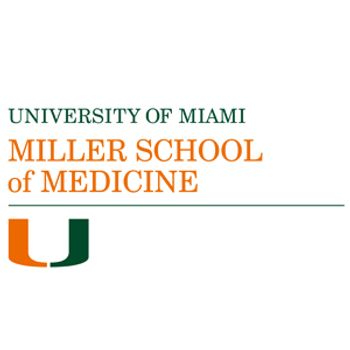
The world's most premier journal dedicated towards stroke and cerebrovascular health has named Ralph L. Succo, MD, MS as the new editor-in-chief.

A pre-clinical study showed that supplementing diet with amino acid successfully staves off signs of amyotrophic lateral sclerosis.

Patients with migraine may order the pain relief medication device directly to their homes through UpScript’s telemedicine platform.
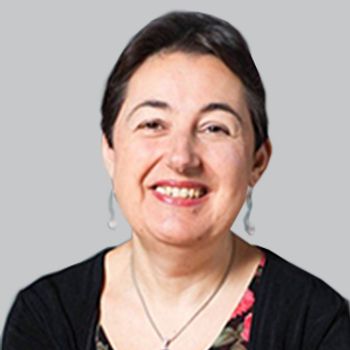
The director of epilepsy research and epilepsy clinical trials at NYU Langone Health’s Comprehensive Epilepsy Center spoke about the recent study findings from a trial of Staccato alprazolam.
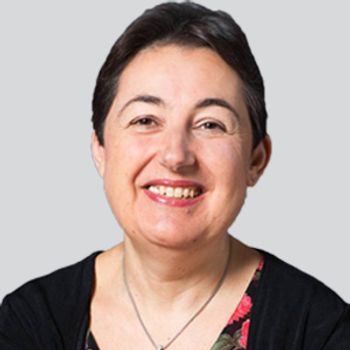
The >50% responder rate was similar between children and adults according to data from a meta-analysis of 7 clinical trials of topiramate, perampanel, and lamotrigine.

The chief medical advisor for the Muscular Dystrophy Association discussed how his approach to the management and care of patients with neuromuscular disease has been affected by the COVID-19 pandemic.

As a marker of impending neurodegeneration, urgency surrounds efforts to slow or stop the progression of REM sleep behavior disorder.
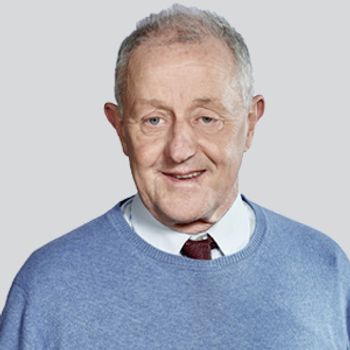
The phase 3 study will commence following the results of the phase 2b/3 AB10015 study, in which masitinib significantly slowed disease progression in combination with riluzole.

Despite solanezumab (Eli Lilly) and gantenerumab (Roche and Genentech) failing to meet the DIAN-TU trial primary end point in inherited Alzheimer disease, the international undertaking provided some positive takeaways for the clinical community.

The first presumptive case of acute necrotizing encephalopathy in a patient with confirmed COVID-19 has been published in the journal Radiology.

A multicenter, cross-sectional, observational, Spanish nationwide study’s findings suggest that those with Parkinson disease dementia may be predisposed to impulse control disorder symptoms and related behaviors.
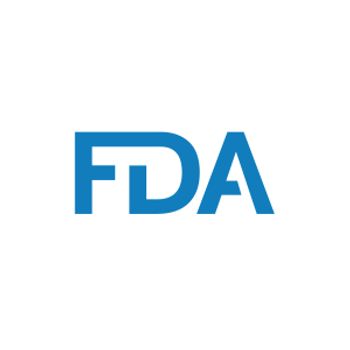
Both the Plegridy and Avonex drug labels no longer contain the "Pregnancy Category C" classification with the report of human pregnancy registry data.

Neurology News Network for the week ending April 4, 2020.
